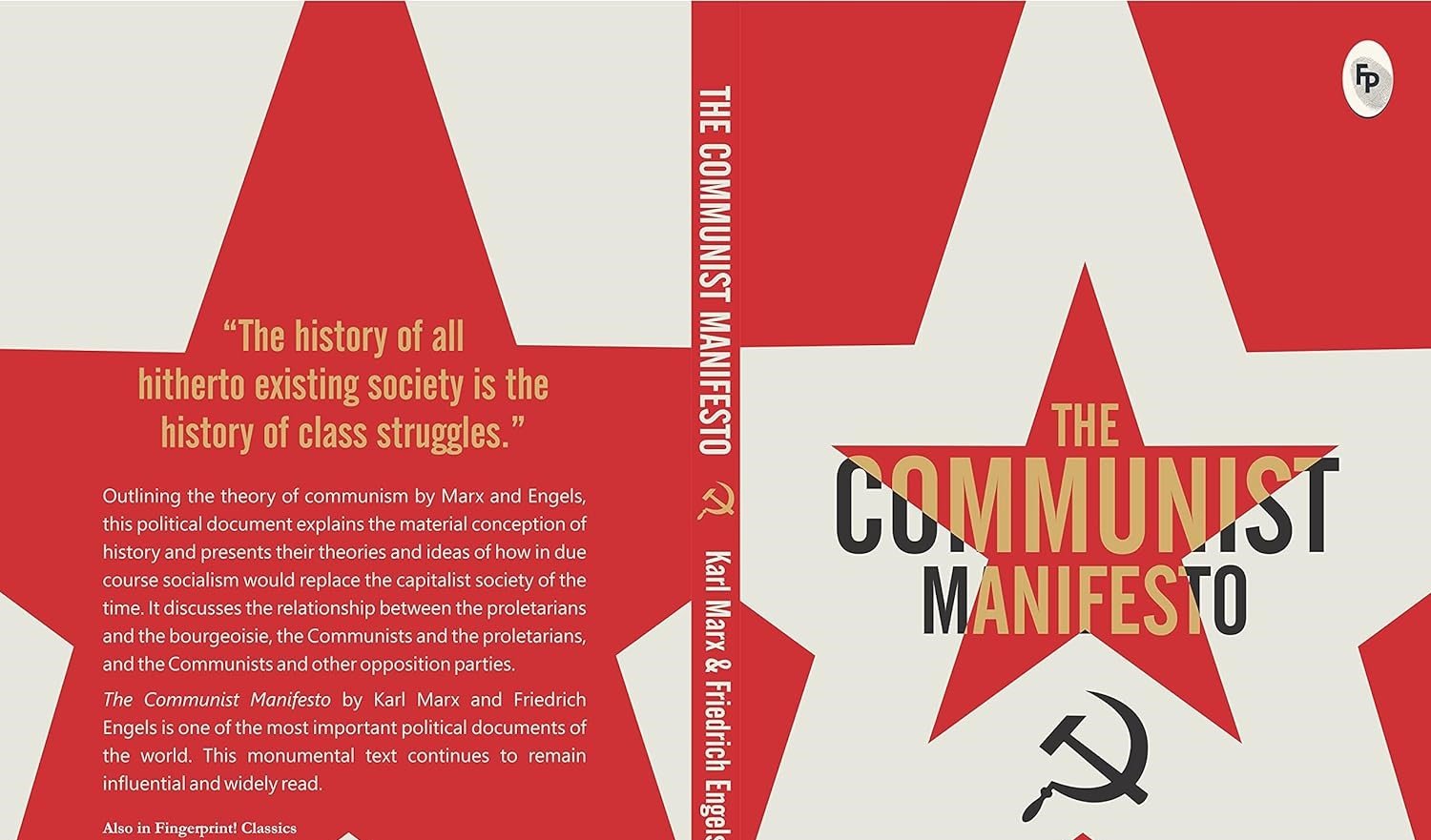Communism is a socio-economic and political ideology that advocates for the abolition of private ownership of the means of production and the establishment of a classless society. In a communist system, resources are commonly owned, and the distribution of goods and services is based on need rather than profit. The ultimate goal of communism is to create a stateless, classless society where all individuals have equal access to resources and opportunities. Central to communist theory is the belief that capitalism inherently leads to exploitation, inequality, and alienation, and that only through revolutionary action and the establishment of socialism can true communism be achieved.
Brief historical context: The roots of communism can be traced back to the 19th century, particularly to the works of Karl Marx and Friedrich Engels. Marx and Engels critiqued the capitalist system, arguing that it perpetuated class divisions and exploited the working class. They envisioned communism as the inevitable outcome of historical development, where the proletariat would overthrow the bourgeoisie and establish a society based on common ownership and collective decision-making. The Russian Revolution of 1917, led by the Bolsheviks under Vladimir Lenin, marked the first successful attempt to implement a communist state. Subsequent revolutions in countries like China, Cuba, and Vietnam further spread communist ideologies, albeit with varying degrees of success and adaptation to local contexts.
Core Principles of Communism
Common ownership of resources: In a communist India, common ownership of resources would mean that industries, land, and other means of production are collectively owned by the people. This shift would ensure that the wealth generated by these resources benefits society as a whole rather than being concentrated in the hands of a few wealthy individuals or corporations. Regions that have historically been marginalized or exploited could see a more equitable distribution of resources, leading to improved infrastructure, access to education, healthcare, and overall better living standards.
Absence of social classes: The absence of social classes under communism could significantly alter the fabric of Indian society. By dismantling the traditional hierarchies based on wealth and privilege, individuals would be valued for their contributions to society rather than their economic status. This could foster a culture of collaboration, where people work together towards common goals rather than competing for limited resources. Moreover, it could lead to the elimination of caste-based discrimination, empowering marginalized communities and promoting social cohesion and solidarity across diverse groups.
Centralized planning of the economy: Centralized planning of the economy would enable the government to prioritize social welfare and development initiatives that benefit all citizens. By directing resources towards sectors such as healthcare, education, and infrastructure, India could address pressing social issues such as poverty, malnutrition, and inadequate access to basic services. Additionally, centralized planning could ensure that economic growth is sustainable and inclusive, avoiding the pitfalls of unchecked capitalism such as environmental degradation and income inequality.
Emphasis on equality and social justice: Communism places a strong emphasis on equality and social justice, which could lead to transformative policies aimed at addressing historical injustices in India. Land reforms could redistribute land to landless farmers, empowering them economically and socially. Affirmative action programs could provide opportunities for marginalized groups in education and employment, narrowing the gap between privileged and disadvantaged communities. Furthermore, wealth redistribution measures could ensure that everyone has access to essential resources, reducing poverty and promoting a more equitable distribution of wealth.
Potential drawbacks of communism in India necessitates considering hypothetical scenarios:
Economic stagnation: Centralized planning and common ownership may lead to inefficiencies in resource allocation, hindering economic growth and innovation. Lack of incentives for entrepreneurship and investment could result in stagnant productivity and reduced competitiveness on the global stage.
Bureaucratic inefficiency: A centralized command economy may result in bureaucratic red tape and corruption, slowing down decision-making processes and hindering effective governance. This could exacerbate issues of inefficiency and inequality, particularly if the government becomes authoritarian in its approach.
Lack of individual freedoms: Communist regimes often prioritize collective welfare over individual rights, leading to restrictions on freedom of speech, assembly, and expression. Dissent and opposition to the ruling party may be suppressed, undermining democratic principles and civil liberties.
Brain drain and talent flight: Stringent government control over industries and limited opportunities for advancement may drive skilled professionals and entrepreneurs to seek opportunities abroad, leading to a brain drain and loss of talent essential for economic development.
Social unrest and resistance: Implementation of communist policies may face resistance from vested interests, leading to social unrest and political instability. Discontent among disaffected groups, particularly those accustomed to capitalist freedoms, could fuel protests and unrest, potentially destabilizing the country.
Overall, the implementation of communism in India has the potential to bring about profound positive changes, such as equitable distribution of resources, empowerment of marginalized communities, and prioritization of social welfare. However, it may also lead to negative consequences including economic stagnation, bureaucratic inefficiency, and restrictions on individual freedoms. Balancing these potential outcomes would be crucial in assessing the feasibility and desirability of adopting communist ideologies in India.
More from NewsBuzz 1 – America’s Darkest Hour in Vietnam

